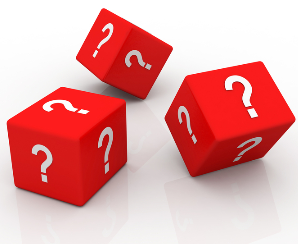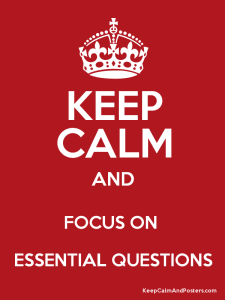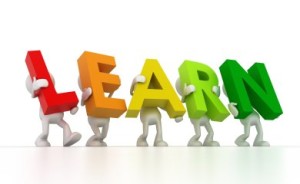 Nearly a year ago (January 6, 2014) I blogged on Questions and Answers, pointing out that good answers showed understanding of the topic covered, while good questions demonstrated the ability to take the concepts learned and seek to explore it further. The questioning process is what leads to innovation. Not only do students need to learn to ask good—and deep questions – we as librarians and educators need to do so as well.
Nearly a year ago (January 6, 2014) I blogged on Questions and Answers, pointing out that good answers showed understanding of the topic covered, while good questions demonstrated the ability to take the concepts learned and seek to explore it further. The questioning process is what leads to innovation. Not only do students need to learn to ask good—and deep questions – we as librarians and educators need to do so as well.
Too often we present a lesson because it’s one we have always taught. We might tweak the way we do it with new apps or web resources to capture students’ interest in either exploring the topic or in sharing their results. However, we have not asked ourselves the fundamental question of why we are teaching it. What benefit does it give students to learn it?
Those two questions are at the core of what Essential Questions are (also called Guiding Questions in some locations). Every lesson plan should have one or more Essential Questions. These shape how the plan is presented and what students are expected to learn, remembering, of course, that you cannot guarantee what answers they will have for some Essential Questions, for often these vary from person to person.
In School Librarian’s Workshop, the “Research to Go,” “Teaching Together,” and “Information Literacy Units” all include Essential Questions. You can add to them or delete one or two depending on the grade level involved or the teacher with whom you are working. If you look over these learning experiences you can see the connection between the Essential Question and what students are to do.
I have had some colleagues ask for help in writing Essential Questions, and I admit it takes thinking. There are two types of Essential Questions. One type deals with concepts which are core to the discipline but not necessarily obvious to those not in it. The other looks at a broader ideas designed to open minds to the real-world implications of what they are studying. For the first type, you do know what answers to expect. The second can be wide open.
Suppose your elementary students were having difficulty locating books on the shelf. In the past you would be teaching the Dewey Decimal System and have as an objective that students would be able to differentiate between major categories and be able to find a given book. An Essential Question is “How do libraries arrange material to help users find what they need?” The answer is by subject. In your library and the public library it is most likely by Dewey. In genre-fied library it is alphabetically by subject. In colleges and universities it is by the Library of Congress Classification. The concept is the same no matter which system is in use. You use the Essential Question to address the key idea. Once there, you can ask for the larger implication—if the book you are seeking is not on the shelf, how can you find the information you want in print? And that leads to realizing all books with same classification are on the same topic.
 It takes time at first to write Essential Questions. Even now, I spend a great deal of thought analyzing why a topic is worth the time and effort for students to learn. Read School Librarian’s Workshop to build your own understanding. Eventually you need to teach students to craft them as the core of the research papers in place of the old thesis statements. How do you craft your Essential Questions? What concerns do you have around this process?
It takes time at first to write Essential Questions. Even now, I spend a great deal of thought analyzing why a topic is worth the time and effort for students to learn. Read School Librarian’s Workshop to build your own understanding. Eventually you need to teach students to craft them as the core of the research papers in place of the old thesis statements. How do you craft your Essential Questions? What concerns do you have around this process?
